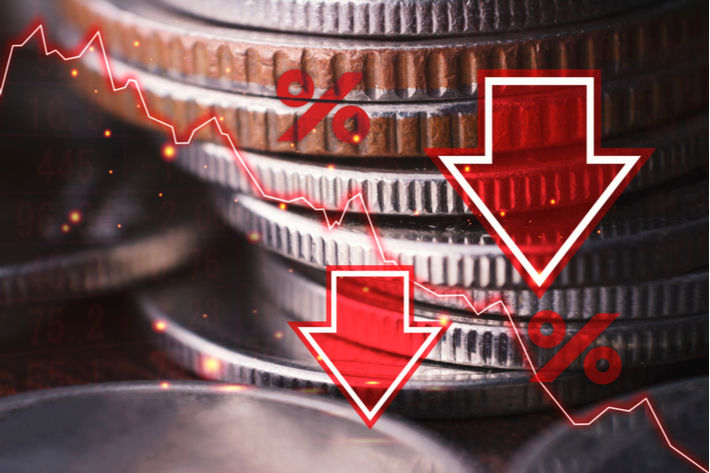
“The terrible war in Ukraine has brought immense human suffering,” ECB vice-president Luis de Guindos said. “It has also increased financial stability risks through its impact on virtually all aspects of economic activity and financing conditions.”
The market reaction to the Russian invasion of Ukraine has been largely orderly. However, prices for commodities and energy have remained elevated and volatile, which has caused some stress in derivatives markets for these products. Despite recent adjustments, some assets remain at risk of further corrections should the growth outlook weaken further and/or inflation turn out to be significantly higher than expected, as per the report.
Vulnerabilities may increase due to the uncertain path of the Russia-Ukraine war and shifting expectations of policy normalisation in advanced economies. Other potential global developments, such as a broader resurgence of the coronavirus (COVID-19) pandemic, weaknesses in key emerging market economies or a sharper slowdown in Chinese economic activity, could also affect risks to growth and inflation.
Euro area non-financial corporations face challenges from rising input prices and a more clouded economic outlook. This may increase corporate defaults, especially for firms and sectors that have not yet fully recovered from the pandemic. Moreover, highly indebted firms and those with lower credit ratings may struggle with tighter financing conditions, the ECB said.
ALCHEMPro News Desk (KD)
Receive daily prices and market insights straight to your inbox. Subscribe to AlchemPro Weekly!